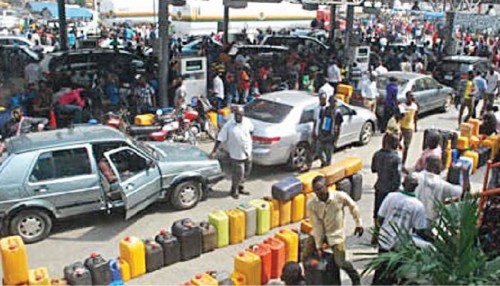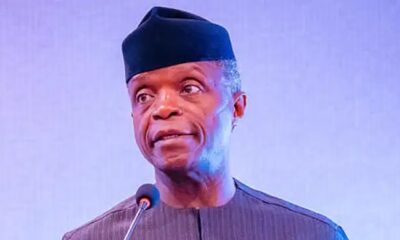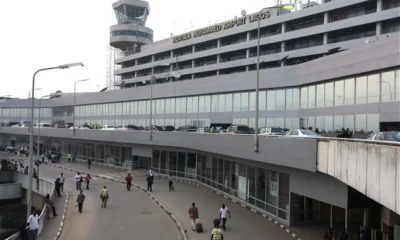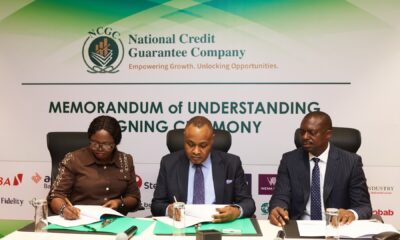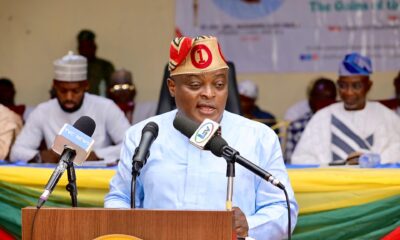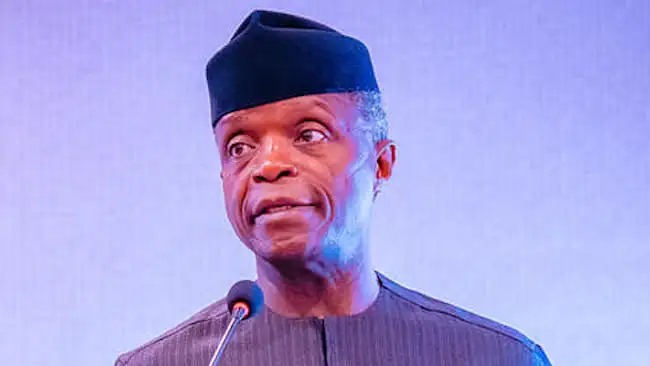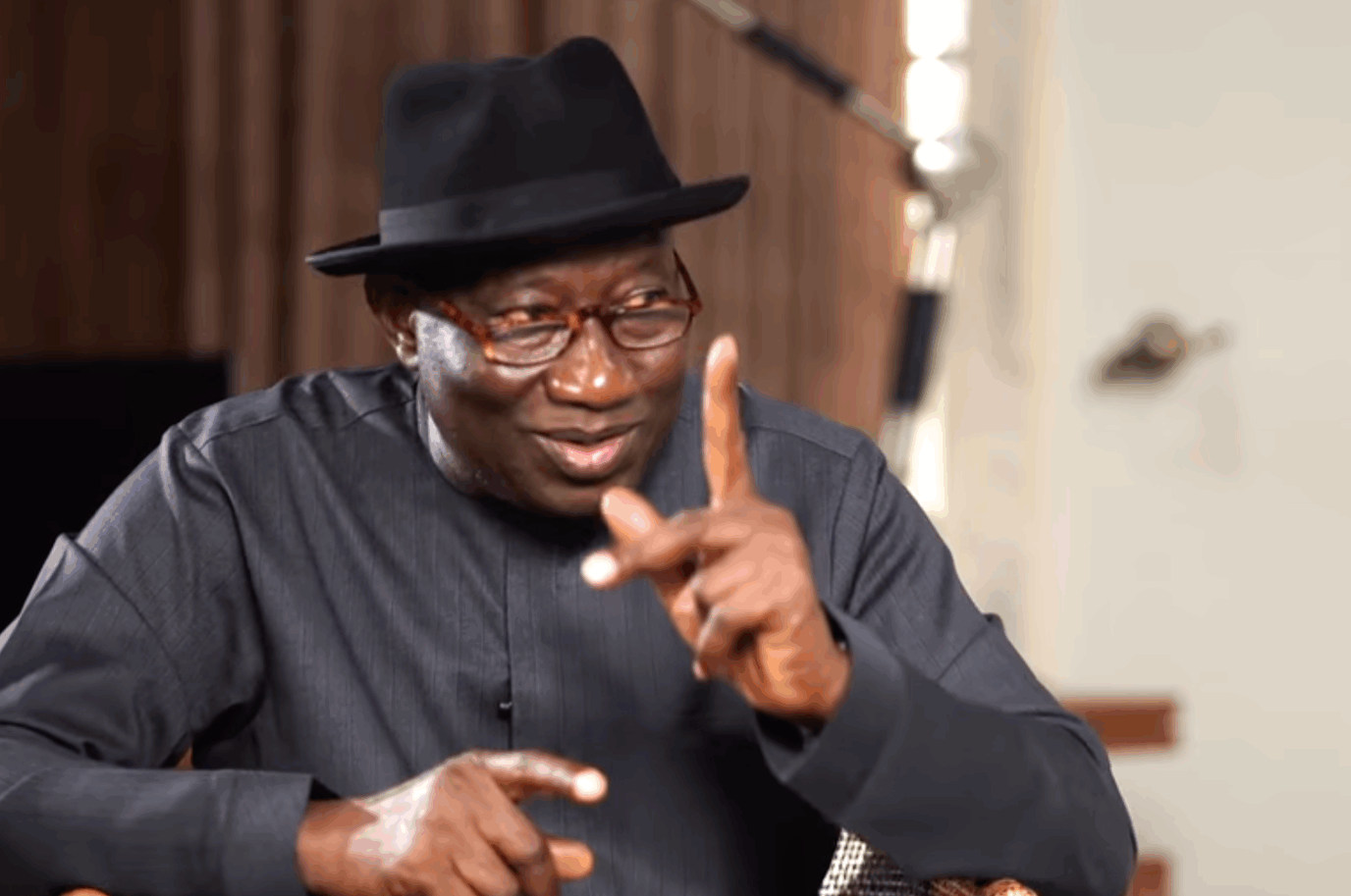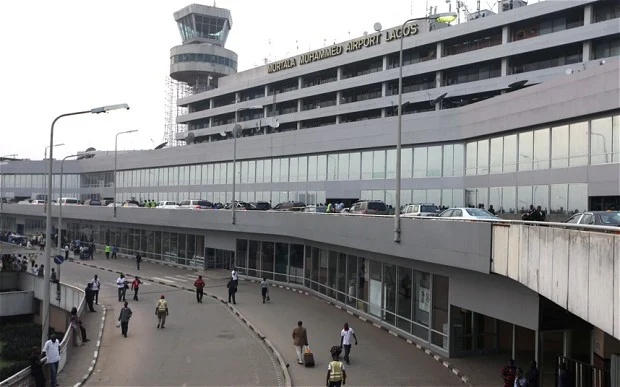Major stakeholders in Nigeria’s oil and gas industry, including marketers, refiners, and depot owners, are pushing for the full deregulation of the downstream oil sector, seeking an end to government price controls and subsidies.
The call was made during a webinar themed “Optimising the Nigerian Oil and Gas Industry,” organized by the Major Energies Marketers Association of Nigeria (MEMAN) in collaboration with:
1. Depot and Petroleum Products Marketers Association of Nigeria.
2. Crude Oil Refiners Association of Nigeria.
3. African Refiners and Distributors Association.
4. Petroleum Products Retail Outlets Owners Association of Nigeria.
Participants discussed the challenges and opportunities in the sector, emphasizing the need for full market deregulation amidst recent price hikes in petroleum products.
According to a communique released by MEMAN, stakeholders highlighted the importance of deregulation for enhancing the sector’s efficiency and sustainability.
“A market-driven pricing mechanism was advocated to promote competitiveness and operational efficiency. The removal of government controls on pricing was seen as essential to fostering a more dynamic and responsive industry.
“The call for complete deregulation and market liberalisation was reiterated. The benefits include improved efficiency, enhanced product availability, and increased private sector participation,” the communique read partly.
There was a strong emphasis on supporting local refineries to decrease dependency on imported petroleum products.
The stakeholders called for freedom for marketers to purchase crude oil from local and international sources and for refineries to enter into processing agreements with retail companies.
The discussions also underscored the importance of transitioning towards cleaner energy sources, including Compressed Natural Gas and Liquefied Petroleum Gas.
The stakeholders also made a proposal for the establishment of a new committee structure in the petroleum sector, inspired by the Bankers’ Committee in Nigeria.
This structure, they said, would include a Midstream and Downstream Industry Coordination Committee to focus on enhancing collaboration within these sectors, chaired by the Chief Executive of the Nigerian Midstream and Downstream Petroleum Regulatory Authority.
They called for an Industry Interface Committee to manage interactions between the upstream and downstream sectors; and a Petroleum Industry Consultative Assembly assembly bringing together stakeholders from across the oil and gas sectors, chaired by the Minister of State for Petroleum Resources (Oil).
“These committees aim to foster collaboration, ensure regulatory compliance, facilitate conflict resolution, and provide strategic oversight, akin to the role played by the bankers’ committee in the banking sector.
“The creation of industry-wide consultative committees was suggested to enhance collaboration, innovation, and conflict resolution, addressing supply chain inefficiencies and infrastructure deficits was deemed crucial for long-term sustainability,” the communique said.
The oil sector investors also advocated for significant investment in infrastructure to enhance distribution and storage of petroleum products.
They called for the adoption of new technologies to optimise supply chains, reduce smuggling, and prevent adulteration.
Similarly, the business owners emphasised implementing sustainable practices, such as reducing gas flaring, promoting renewable energy use, and investing in carbon capture and storage technologies to align with global sustainability goals.
They also saw the need for a clearer and more supportive regulatory environment with references to the Petroleum Industry Act and its provisions, saying better implementation of policies is necessary to facilitate easier licensing, investment, and refinery operations.
“The webinar also highlighted Nigeria’s potential to become a significant producer of plastics and petrochemical products. Stakeholders discussed leveraging the country’s abundant natural gas resources to develop a robust petrochemical industry. “This would reduce imports, create jobs, and support the local economy. Emphasis was placed on establishing the necessary infrastructure, such as petrochemical complexes, and adopting policies that encourage local manufacturing and value addition. The shift toward producing plastics domestically aligns with the broader strategy of industrial diversification and economic resilience.
“The webinar concluded with a commitment from all stakeholders to work collaboratively toward optimising the Nigerian oil and gas industry. Emphasis was placed on the need for strategic investments, policy reforms, and innovative practices that align with global standards and sustainability goals.
“The proposed establishment of the petroleum committee will serve as a key platform for fostering collaboration and guiding the sector through its ongoing transition,” the communique stated.

 BIG STORY5 days ago
BIG STORY5 days ago
 BIG STORY2 days ago
BIG STORY2 days ago
 BIG STORY5 days ago
BIG STORY5 days ago
 BIG STORY2 days ago
BIG STORY2 days ago
 BIG STORY3 days ago
BIG STORY3 days ago
 BIG STORY4 days ago
BIG STORY4 days ago
 BIG STORY5 days ago
BIG STORY5 days ago
 BIG STORY2 days ago
BIG STORY2 days ago




